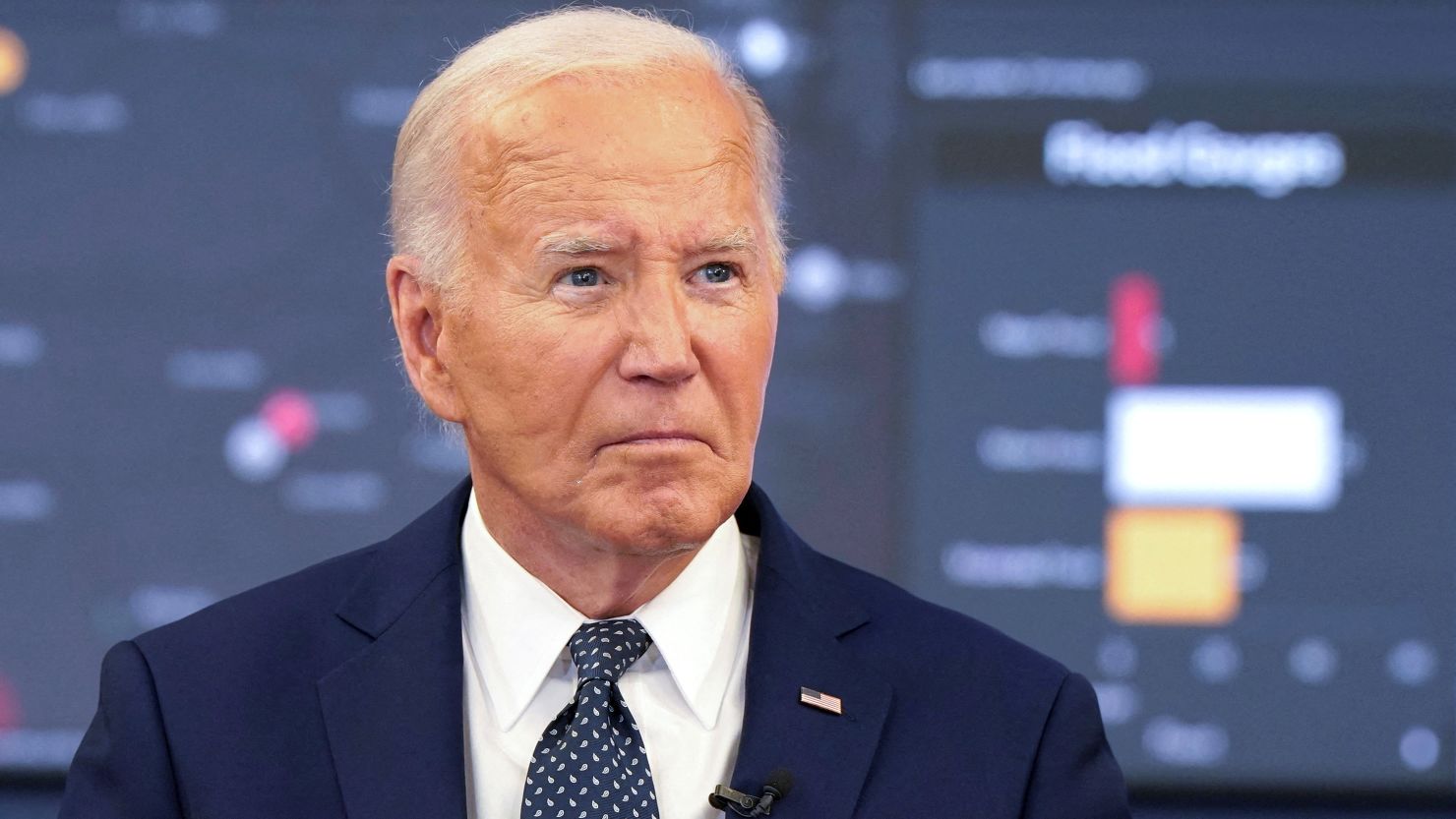“Biden’s Legacy Faces Intense Scrutiny Amid Calls for Change”
Biden’s Legacy Faces Scrutiny Amid Calls for Change
Veteran Democratic strategist James Carville has reignited debate over former President Joe Biden’s political legacy and relevance in the Democratic Party. Speaking on the Politics War Room podcast, Carville suggested that Biden’s position within the party has weakened to the point where retreating from public life may be the best course of action. He proposed that Biden consider stepping back to his home in Rehoboth Beach, Delaware, to avoid further controversy and scrutiny.
Carville’s Critique of Biden’s Political Standing
Carville’s remarks emphasize that Biden’s actions over recent years have distanced him from both the general public and key Democratic leaders. According to Carville, the former president has struggled to maintain credibility, with his leadership and messaging failing to resonate as they once did. “He’s done so much to tarnish his image that people simply do not want to listen to him anymore,” Carville stated. He argued that this decline in influence is not the result of external political forces, but rather a consequence of Biden’s own missteps.
A central point of Carville’s criticism is Biden’s continued insistence that he could have been successful had he remained in the presidential race longer. Carville dismissed such claims as unrealistic, pointing out that shifting political dynamics and public sentiment make such aspirations impractical. He also noted that Biden’s frequent disputes—including public disagreements with his wife, Jill Biden, and clashes with political figures—have further weakened his standing. What was once a respected political career, Carville suggested, now risks being overshadowed by a final chapter that fails to connect with voters.
The Democratic Party’s Shifting Identity
Carville’s comments align with broader discussions about the future direction of the Democratic Party. Over the past few years, divisions within the party have grown, particularly regarding its embrace of progressive policies and identity politics. Carville, a long-time critic of what he calls the party’s shift toward “woke” ideologies, argues that Biden’s tenure has only deepened these divides. As the party moves forward, many believe that focusing on new leadership and fresh ideas is essential to maintaining voter engagement.
While critics call for Biden’s retreat, his supporters insist that his decades of experience and policy achievements should not be dismissed outright. They argue that his leadership provides stability, even if his public persona has become less appealing to some voters. However, Carville remains firm in his assertion that Biden’s continued presence in the spotlight could hinder the party’s ability to evolve. “He has nobody to blame but himself,” Carville said, calling for Biden to step aside so that the party can embrace a new vision for the future.
The Energy Policy Debate: A Dividing Line
As Biden’s political future is scrutinized, another major issue shaping the national discourse is energy policy. Former President Donald Trump has taken bold steps to reverse many of Biden’s environmental initiatives, reigniting discussions on America’s energy direction. His new executive actions signal a significant shift in priorities, favoring increased fossil fuel production and deregulation over Biden’s climate-focused policies.
Trump’s recent executive orders include the declaration of an “energy emergency,” underscoring his commitment to expanding domestic oil and gas production. His administration argues that prioritizing fossil fuels is necessary to achieve energy independence, lower prices, and reduce reliance on foreign imports. These moves starkly contrast Biden’s approach, which emphasized environmental sustainability, renewable energy, and participation in global climate agreements.
One of Trump’s most consequential decisions was rolling back restrictions on offshore drilling and other regulatory hurdles that were imposed during Biden’s presidency. Additionally, Trump withdrew the U.S. from international climate agreements, including the Paris Agreement, which Biden had rejoined early in his term. Trump’s stance is clear—he believes Biden’s environmental policies have hampered economic growth and weakened America’s energy security.
The Broader Political Landscape
The clash between Trump and Biden over energy policy reflects larger ideological differences between Republicans and Democrats. Trump’s push for deregulation and increased fossil fuel production appeals to conservative voters and industries reliant on traditional energy sources. Meanwhile, Biden’s supporters argue that climate-conscious policies are necessary for long-term sustainability and economic modernization.
This policy divide is also influencing the 2024 presidential race, with candidates on both sides weighing in on how the U.S. should balance energy independence with environmental responsibility. The debate is likely to remain a central issue, shaping not only electoral strategies but also the long-term economic and environmental trajectory of the nation.
Conclusion
As Biden’s legacy undergoes increased scrutiny, figures like James Carville argue that his continued presence in Democratic politics may be doing more harm than good. The divisions within the party, combined with shifting political dynamics, suggest that new leadership may be necessary for the party to maintain its electoral strength.
Meanwhile, the battle over energy policy remains a defining issue, illustrating the stark contrasts between Biden’s approach and Trump’s aggressive rollback of environmental regulations. As the nation prepares for the next election cycle, these debates will continue to shape America’s political landscape, influencing both policy decisions and the direction of the Democratic and Republican parties for years to come.
